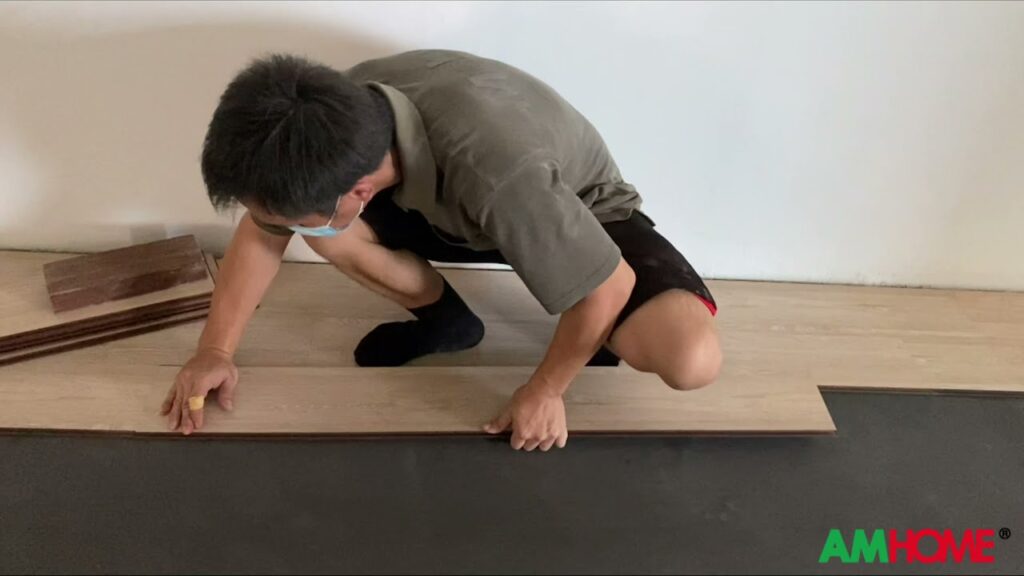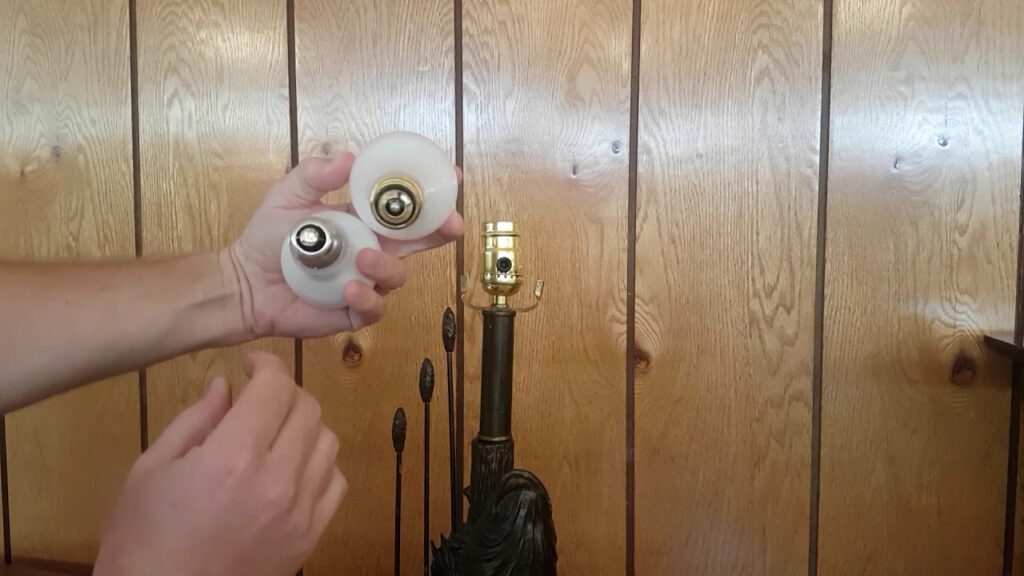The Best Drywall Alternatives For Your Walls
When it comes to wall materials, drywall has been the traditional choice for many years due to its affordability and ease of installation. However, there are several alternatives to drywall that can offer unique benefits and aesthetic appeal for your walls.
One popular alternative to drywall is wood paneling. Wood paneling can add warmth and texture to a space, giving it a natural and timeless look. It comes in a variety of styles, from traditional tongue-and-groove panels to more contemporary options like shiplap. Wood paneling is also relatively easy to install and can be a great way to add character to your walls.
Another alternative to drywall is plaster. Plaster walls are durable and have a smooth, classic finish that can add a touch of elegance to any room. While plaster installation may require a skilled professional, the end result can be stunning and long-lasting.
For a more modern and industrial look, metal panels or tiles can be used as an alternative to drywall. Metal panels can create a sleek and contemporary aesthetic, and they are often used in commercial spaces or modern homes. They can also be a practical choice for high-traffic areas due to their durability.
In addition to these alternatives, other options such as fabric wall coverings, bamboo panels, or glass fiber reinforced gypsum (GFRG) panels can provide creative and unique options for your walls, allowing you to personalize your space with a distinctive and eye-catching finish.
Top Alternatives to Drywall for Your Wall Construction
When it comes to wall construction, drywall has been a popular choice for many years. However, there are several alternatives to drywall that are worth considering for your next project. These alternatives offer various benefits such as durability, eco-friendliness, and ease of installation.
Metal Wall Panels
Metal wall panels are a durable and modern alternative to traditional drywall. They are available in a variety of finishes and can be used in both interior and exterior wall applications. Additionally, metal wall panels are known for their resistance to fire, mold, and pests, making them a practical choice for long-term wall construction.
Plaster
Plaster is a classic wall construction material that has been used for centuries. It provides a timeless and elegant finish to interior walls and ceilings. With its smooth texture and ability to be molded into various shapes and designs, plaster offers a versatile alternative to drywall. Additionally, plaster is eco-friendly and provides a high level of sound insulation.
Fiber Cement Boards
Fiber cement boards are a popular choice for wall construction due to their durability and resistance to moisture and fire. These boards can be used for both interior and exterior walls and are available in various textures and designs, providing flexibility in design and installation. Additionally, fiber cement boards are low-maintenance and offer a long lifespan, making them a reliable alternative to traditional drywall.
Exploring Drywall Replacement Options for Your Walls
1. Traditional Drywall:
Replacing damaged drywall with traditional drywall is a common and cost-effective option. It provides a smooth, clean finish and can easily be painted or textured to match your existing walls. Traditional drywall is versatile and widely available, making it a convenient choice for many homeowners.
2. Moisture-Resistant Drywall:
For areas prone to moisture, such as bathrooms or kitchens, moisture-resistant drywall is an excellent option. It is designed to withstand humidity and moisture, reducing the risk of mold and mildew growth. When replacing drywall in these areas, opting for moisture-resistant drywall can help ensure longevity and durability.
3. Eco-Friendly Alternatives:
For environmentally conscious homeowners, there are eco-friendly alternatives to traditional drywall, such as recycled gypsum board or low-VOC drywall. These options minimize the environmental impact and contribute to sustainable building practices. Choosing eco-friendly drywall alternatives can align with a green lifestyle while still providing functionality and aesthetic appeal.
4. Consider Professional Installation:
Regardless of the replacement option you choose, enlisting the help of a professional for drywall installation can ensure a high-quality finish. Professional installers have the expertise and tools to properly install and finish drywall, resulting in a seamless and polished look for your walls.
When exploring drywall replacement options for your walls, it’s essential to consider factors such as moisture resistance, eco-friendliness, and professional installation to make an informed decision that meets your specific needs and preferences.
Upgrade Your Walls: Discovering Alternatives to Drywall
Looking for a durable and stylish alternative to traditional drywall? You’re not alone. Many homeowners are seeking innovative options to upgrade their walls, whether for aesthetic appeal or practical reasons. Fortunately, there are several alternatives to drywall that offer unique benefits and can transform the look and feel of your living space.
One popular alternative to drywall is wood paneling. With its classic and timeless appeal, wood paneling adds warmth and texture to any room. Whether you prefer a rustic, weathered look or a sleek, modern design, there are various wood paneling options to suit your style. Additionally, wood paneling is known for its longevity and can withstand wear and tear, making it a durable choice for wall coverings.
For a contemporary and eco-friendly option, consider using bamboo wall panels. Bamboo is a sustainable material that is both lightweight and strong, making it an ideal choice for interior wall coverings. Not only does bamboo add a touch of natural beauty to your home, but it also offers excellent sound and thermal insulation properties, creating a serene and comfortable living environment.
Another alternative gaining popularity is the use of metal wall panels. These panels come in a range of finishes and textures, allowing for creative and industrial-inspired designs. Metal wall panels are known for their resistance to moisture, fire, and pests, making them a practical and low-maintenance choice for walls in areas prone to humidity or other environmental challenges.
In conclusion, there are various alternatives to traditional drywall that can enhance the visual appeal and functionality of your walls. Whether you opt for wood paneling, bamboo wall panels, or metal wall panels, each option brings its own distinct advantages, allowing you to upgrade your walls with style and confidence.
Choosing the Right Drywall Substitutes for Your Wall Needs
1. Plywood
Plywood is a durable alternative to traditional drywall. It is strong and can provide better impact resistance, making it suitable for high-traffic areas or as a base for heavy fixtures. Additionally, plywood is easy to install and can be left exposed for a modern, industrial look.
2. Medium Density Fiberboard (MDF)
MDF is a cost-effective option that offers a smooth and consistent surface, making it ideal for painting or veneering. It is commonly used for wainscoting, wall paneling, and as a substrate for decorative wall treatments. While it is not as sturdy as plywood, MDF is a versatile material that can be customized to suit various design aesthetics.
3. Cement Board
Cement board is a popular choice for wet areas such as bathrooms and kitchens due to its moisture resistance. It provides a solid base for tile and is less susceptible to mold and mildew. Cement board is heavier than traditional drywall, so it may require additional support during installation, but its durability in damp environments makes it an attractive alternative.
These drywall substitutes offer diverse benefits and can cater to different wall needs based on factors such as durability, moisture resistance, and aesthetic appeal. When selecting the right substitute for your project, it’s essential to consider the specific requirements of the space and weigh the advantages of each material. By choosing the appropriate drywall substitute, you can enhance the functionality and visual appeal of your walls.


